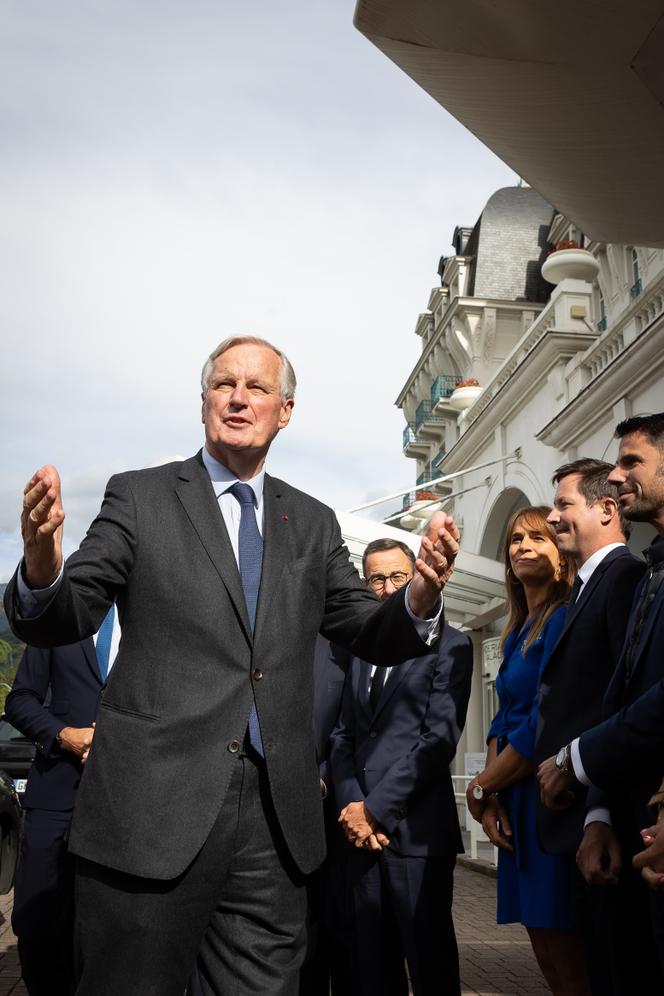


Who is France's prime minister, also in charge of environmental planning? Is it Michel Barnier, the former environment minister who pushed forward a major law in the mid-1990s? Or Michel Barnier, the right-wing primary candidate who denounced wind power in 2021? Or yet another Michel Barnier, the new prime minister under pressure from "the very serious" situation of public finances, supported by an already restless minority and watched over by a climate-skeptical far right?
In an attempt to reassure themselves, those involved in the environmental cause initially clung to Barnier's past and his three words on "the ecological debt" during his speech on Thursday, September 5, when he officially took over as prime minister. Since then, his silence on this challenge and the political quagmire have only fueled their doubts. "We'll have to judge on the evidence because we've seen a lot of political leaders who use strong language but then do nothing," said Morgane Créach, director general of the Climate Action Network. "Yes, he was environment minister, but for years he's been critical of the transition. We'll have to wait and see if he reverses funding cuts. His budget will have to be seen as a political act."
For a long time, Barnier was the representative of a very rare species on the right. "They were all fighting for the interior, defense or Bercy [finance]. He wanted the environment. That really defines the character, doesn't it?" summed up Antoine Vermorel-Marques, Les Républicains (right wing, LR) MP, who met him in 2013 when Barnier, then European commissioner, asked the young Sciences Po student to organize his archives. According to those close to him, who repeat it over and over again, this "green" penchant of the new head of government goes back to his childhood in the Isère region, at the foot of the Alps. At the age of 22, he was assigned to work with Robert Poujade, France's first environment minister (between 1971 and 1974). And this singularity marked the beginning of his long career as a professional politician.
After writing a parliamentary report as an MP for Savoie, he published a book entitled Chacun pour tous. Le défi écologique ("Each one for all. The Ecological Challenge," 1990). Many of its passages would not be denied, even today, by environmental activists. In it, he evokes "the limits of the Earth's capacity to support us." He laments the decline in biodiversity, "the most important biological damage of our time because it is totally irreversible." He criticizes "approaches guided above all by economic profit." "The abundance of energy resulting from a vastly oversized nuclear fleet and the relative fall in the price of raw materials" have "led to the unbridled promotion of 'all-electricity,'" he writes. Barnier, a supporter of degrowth disguised as a member of the Gaullist right? "Growth can be harmonized with the environment," he said, advocating strong measures to protect nature.
You have 68.4% of this article left to read. The rest is for subscribers only.
